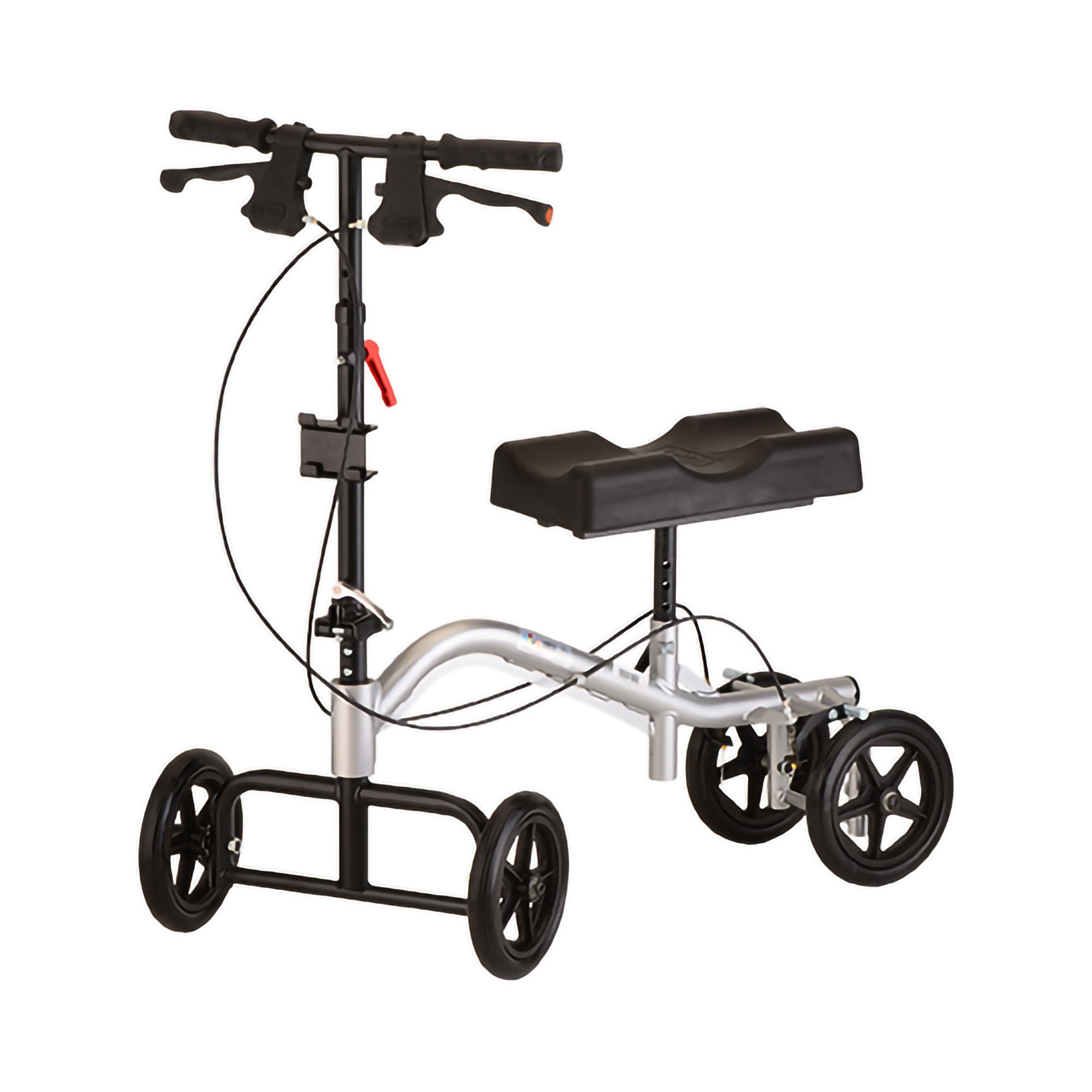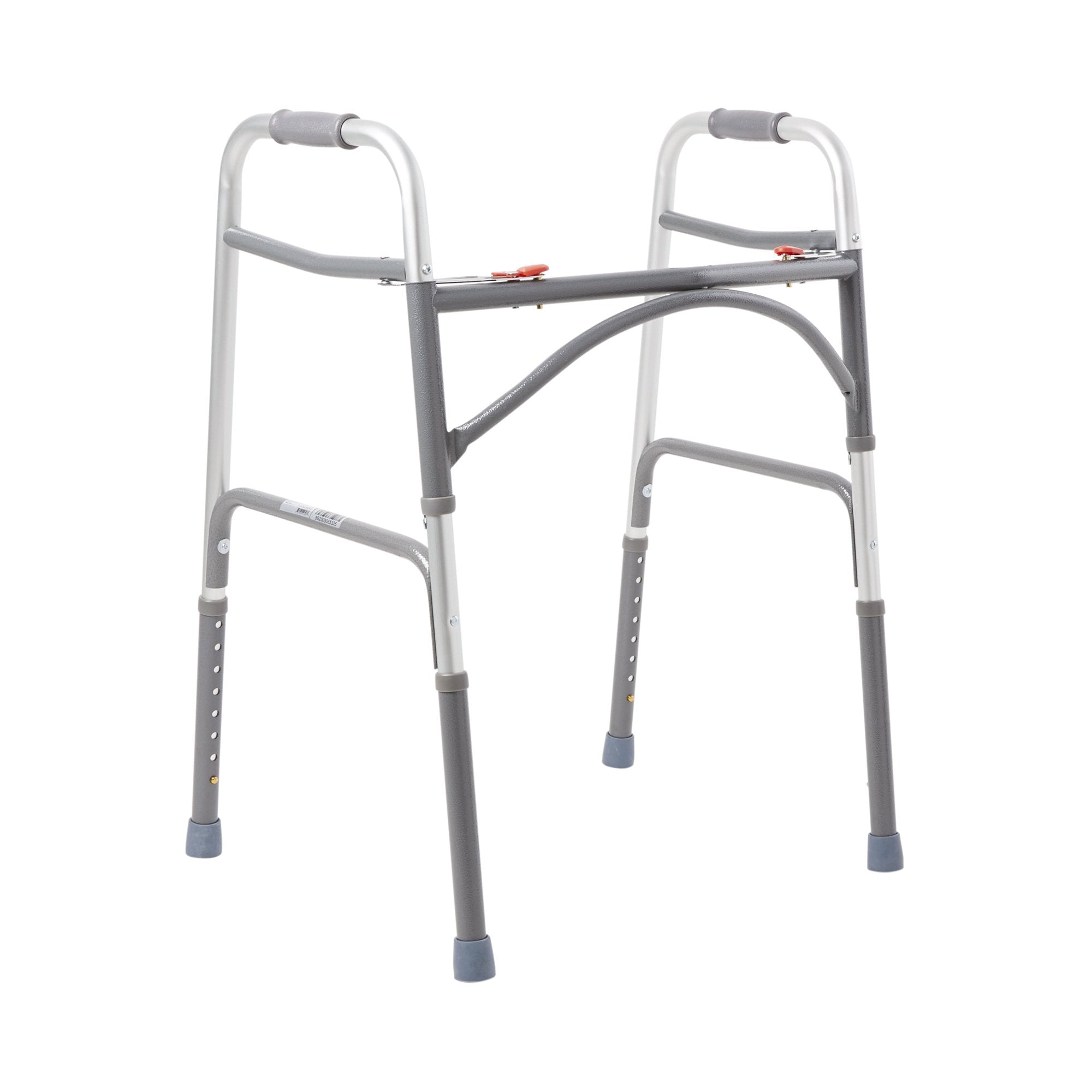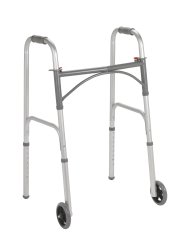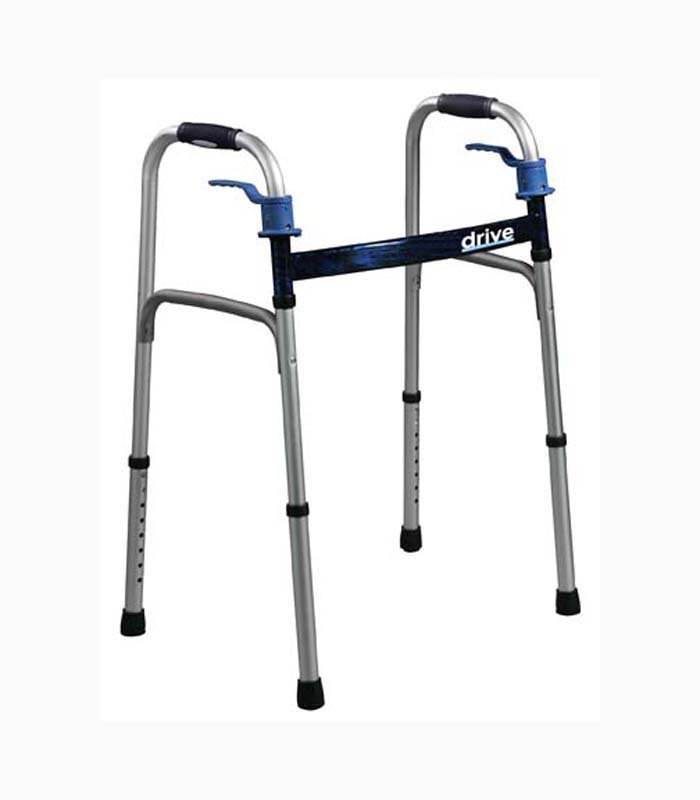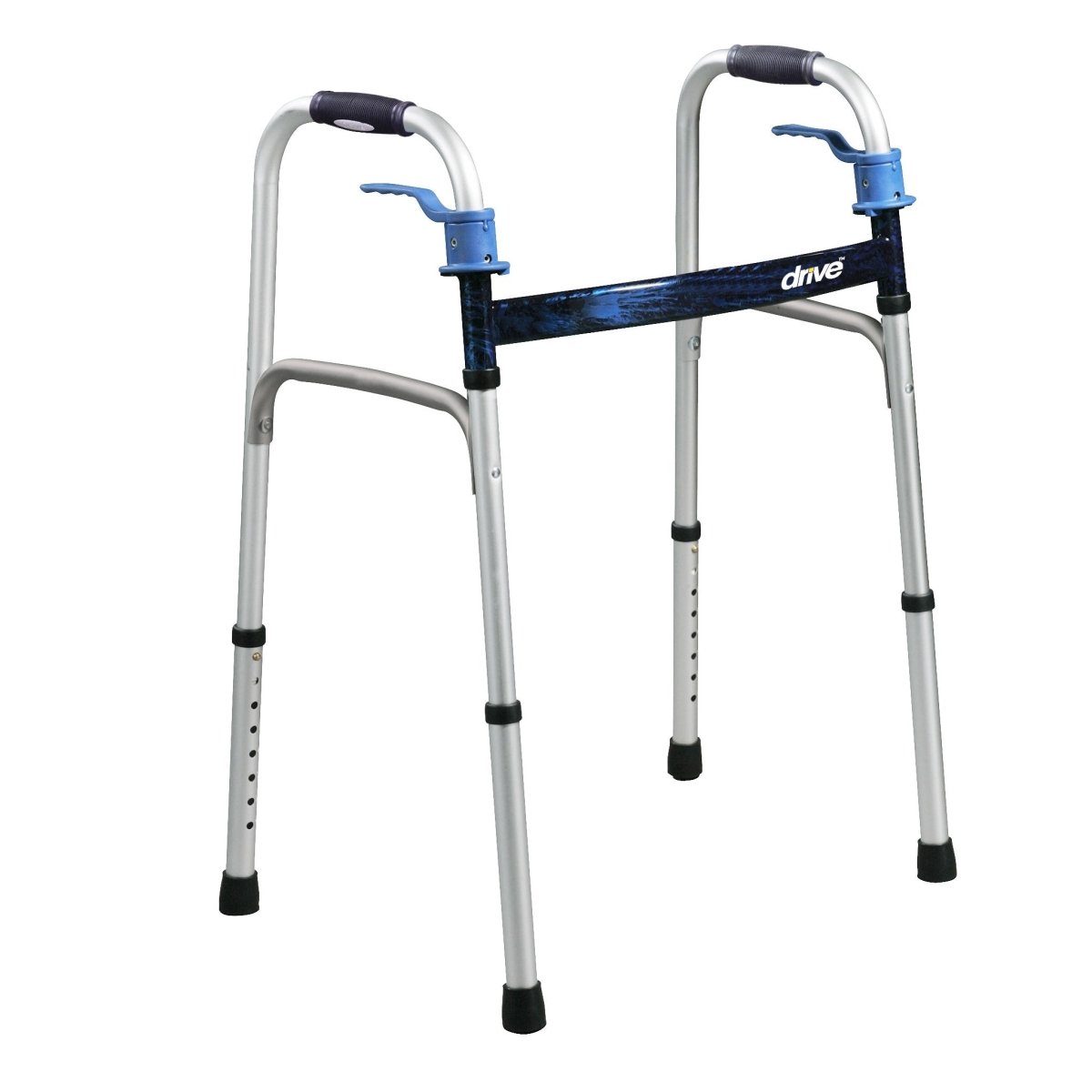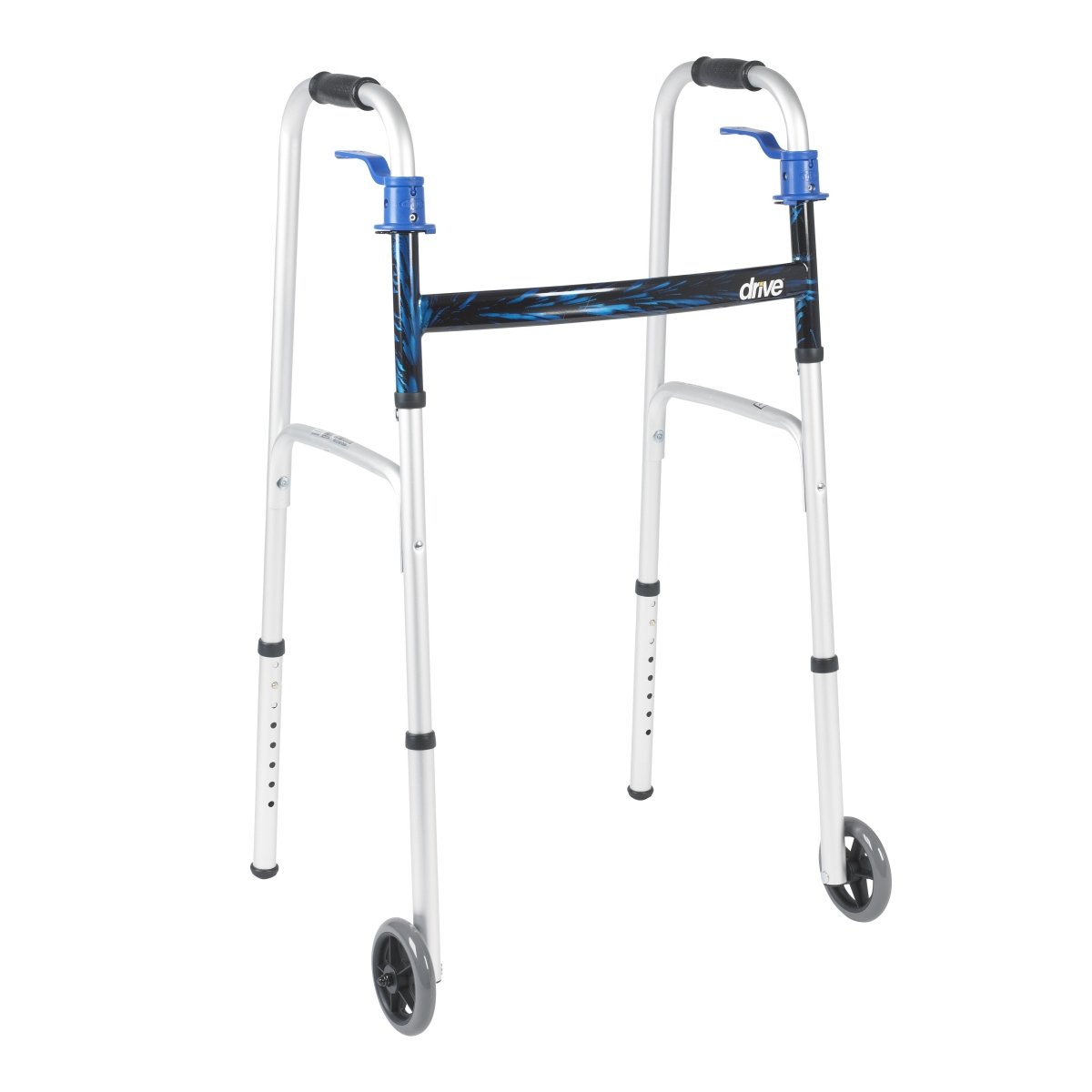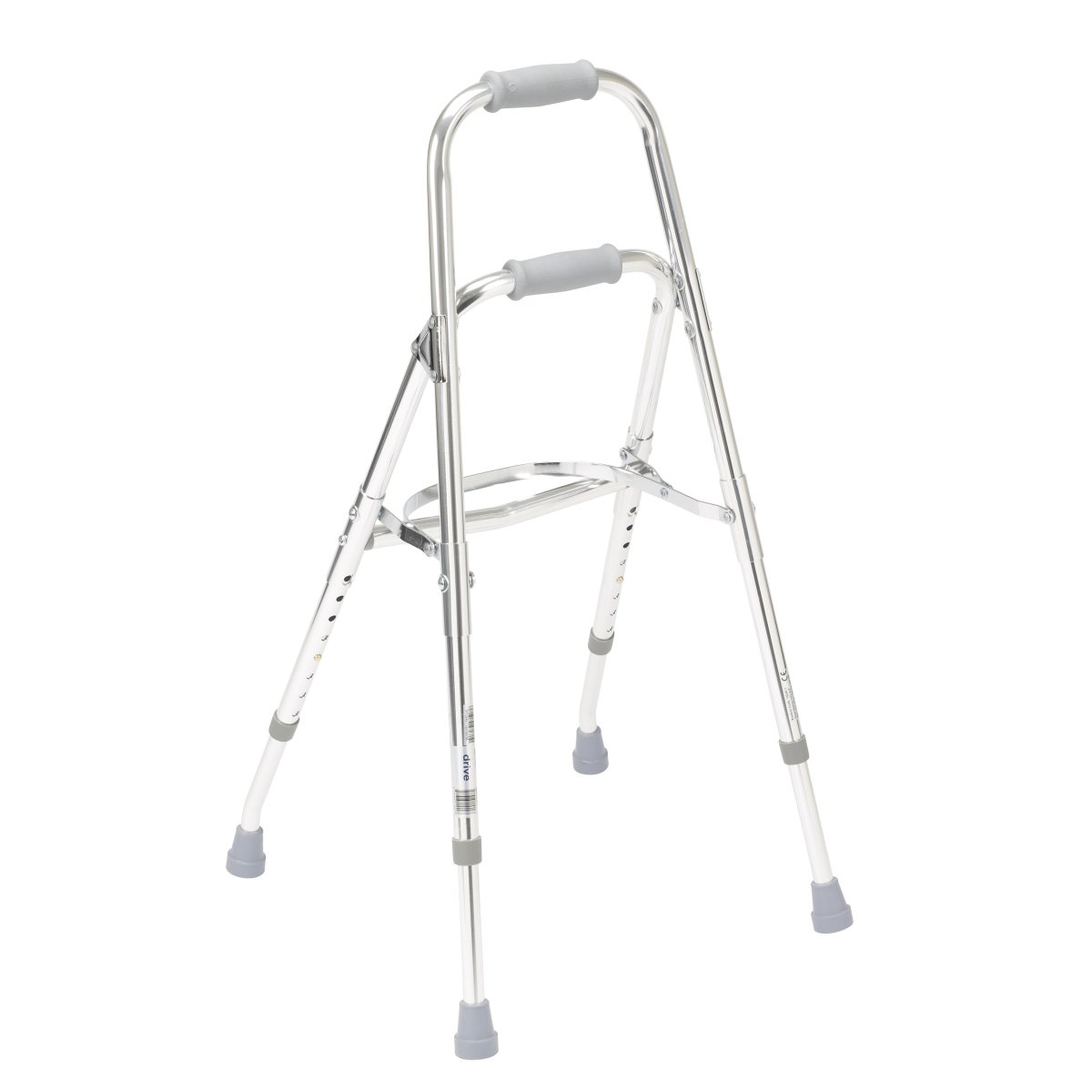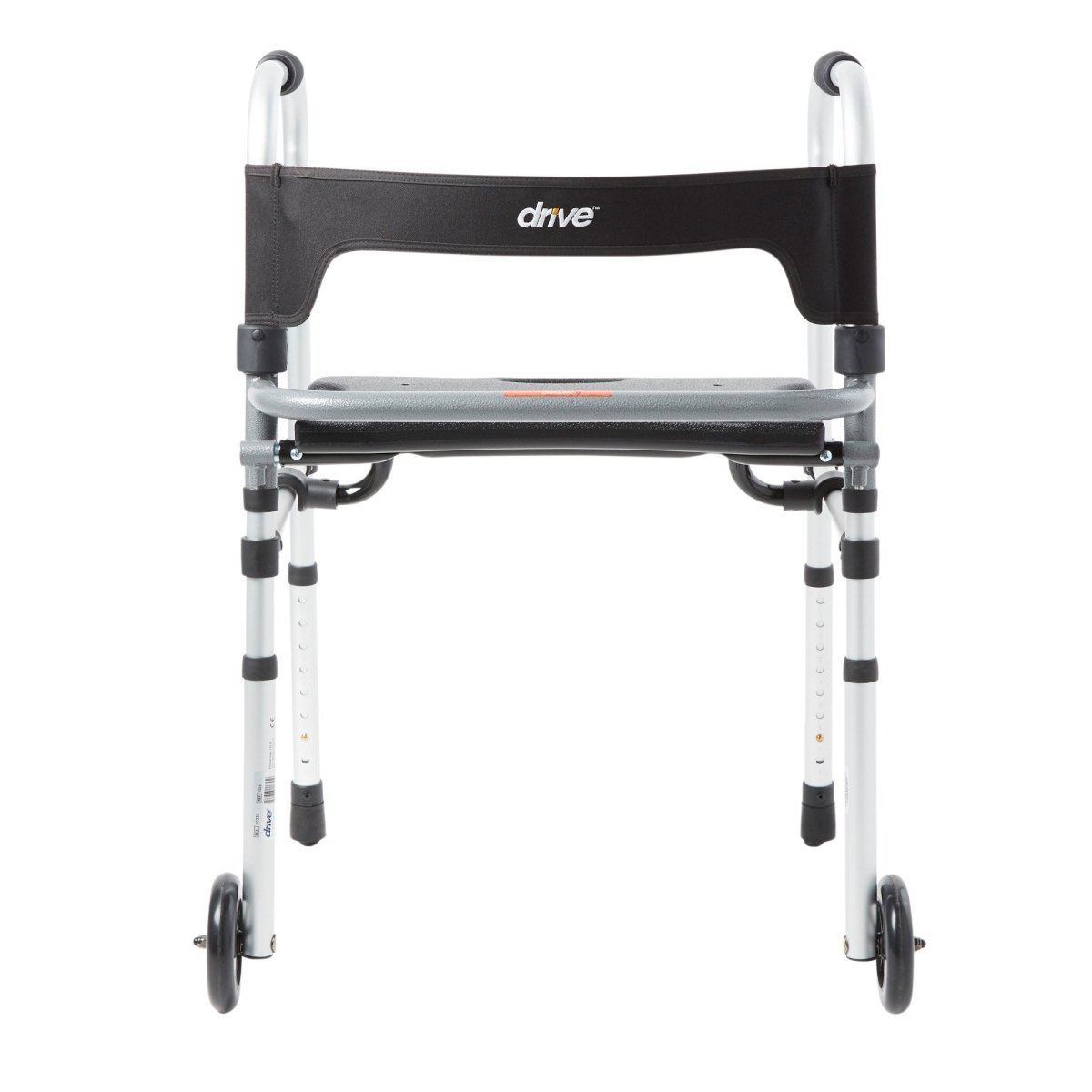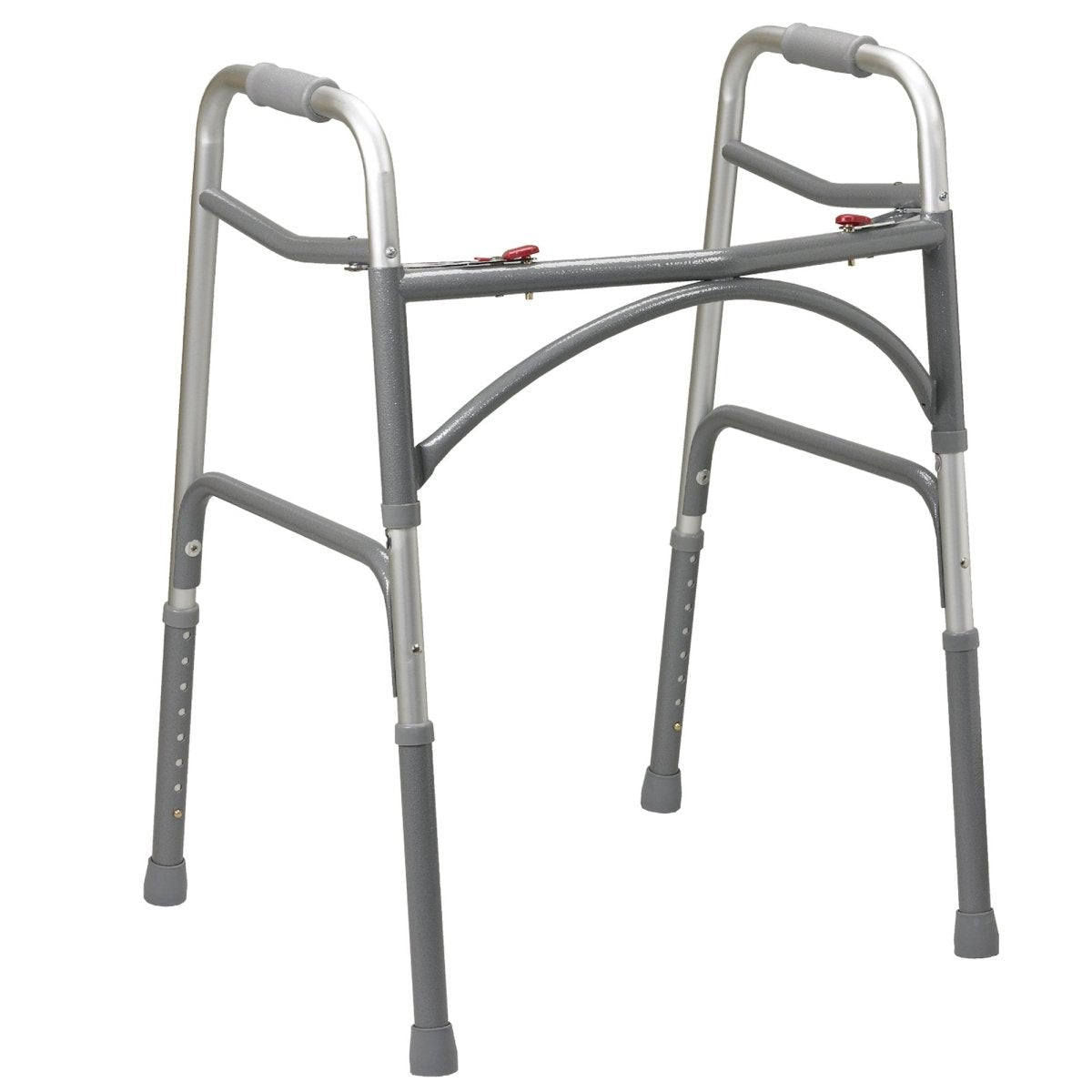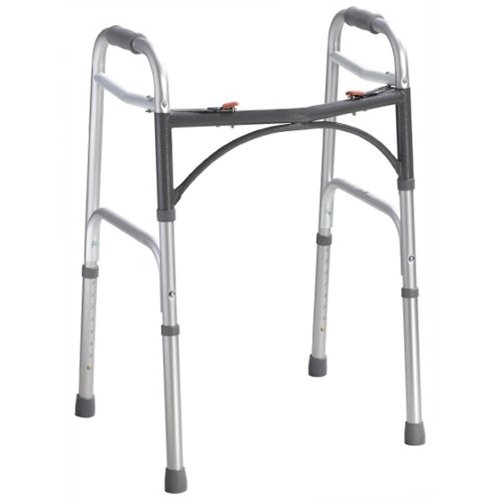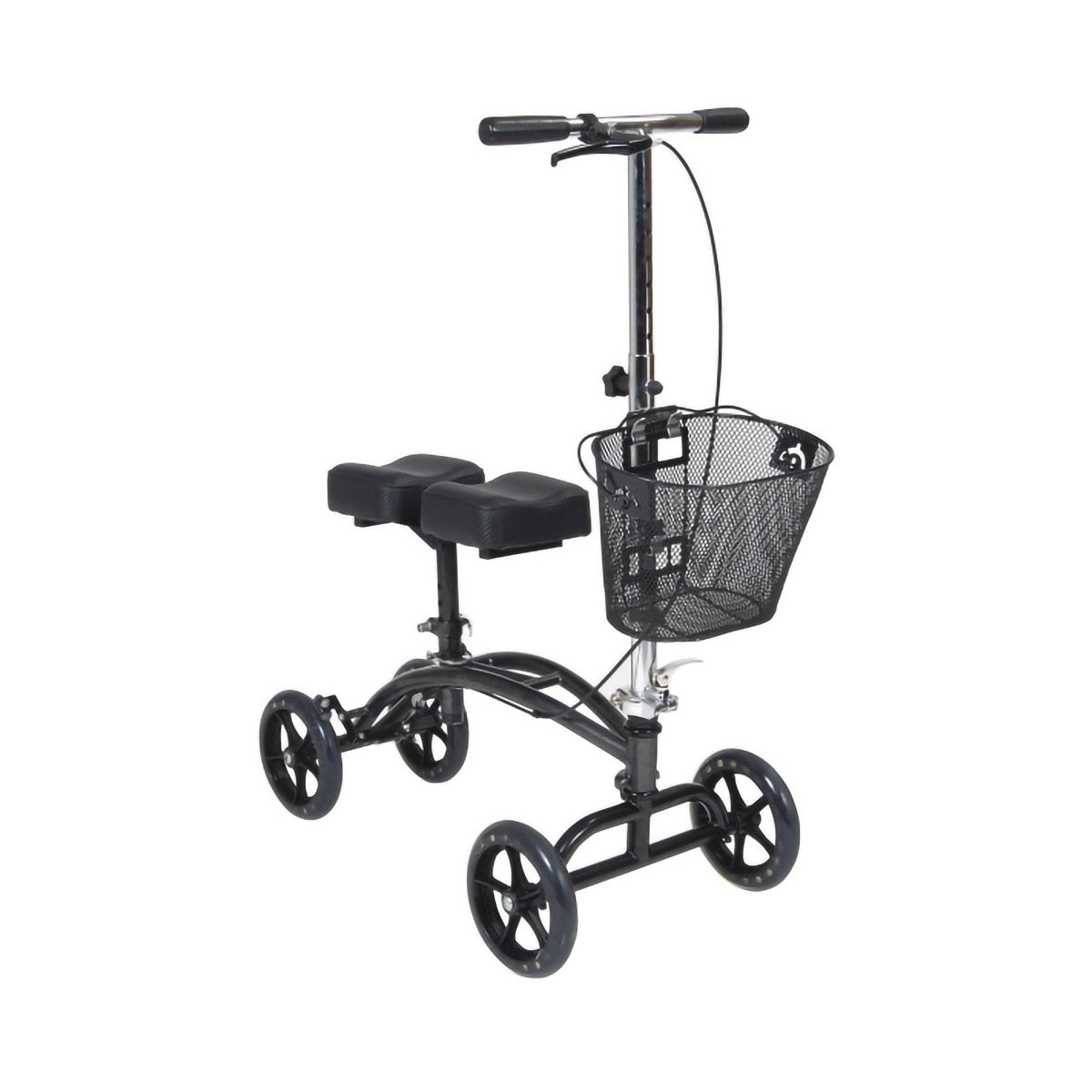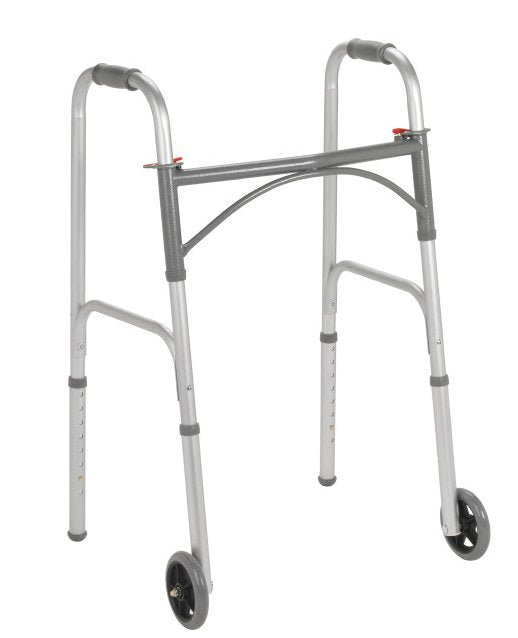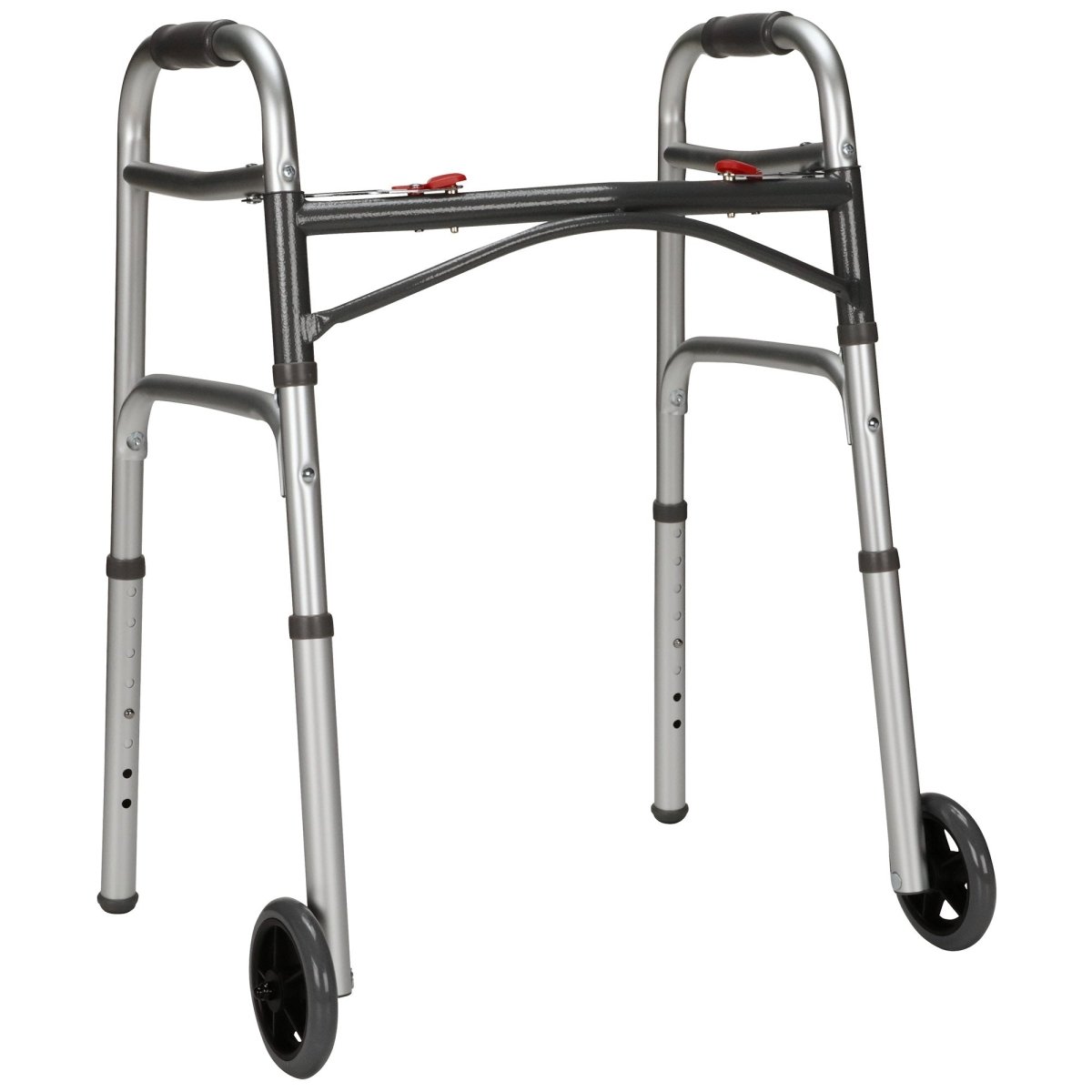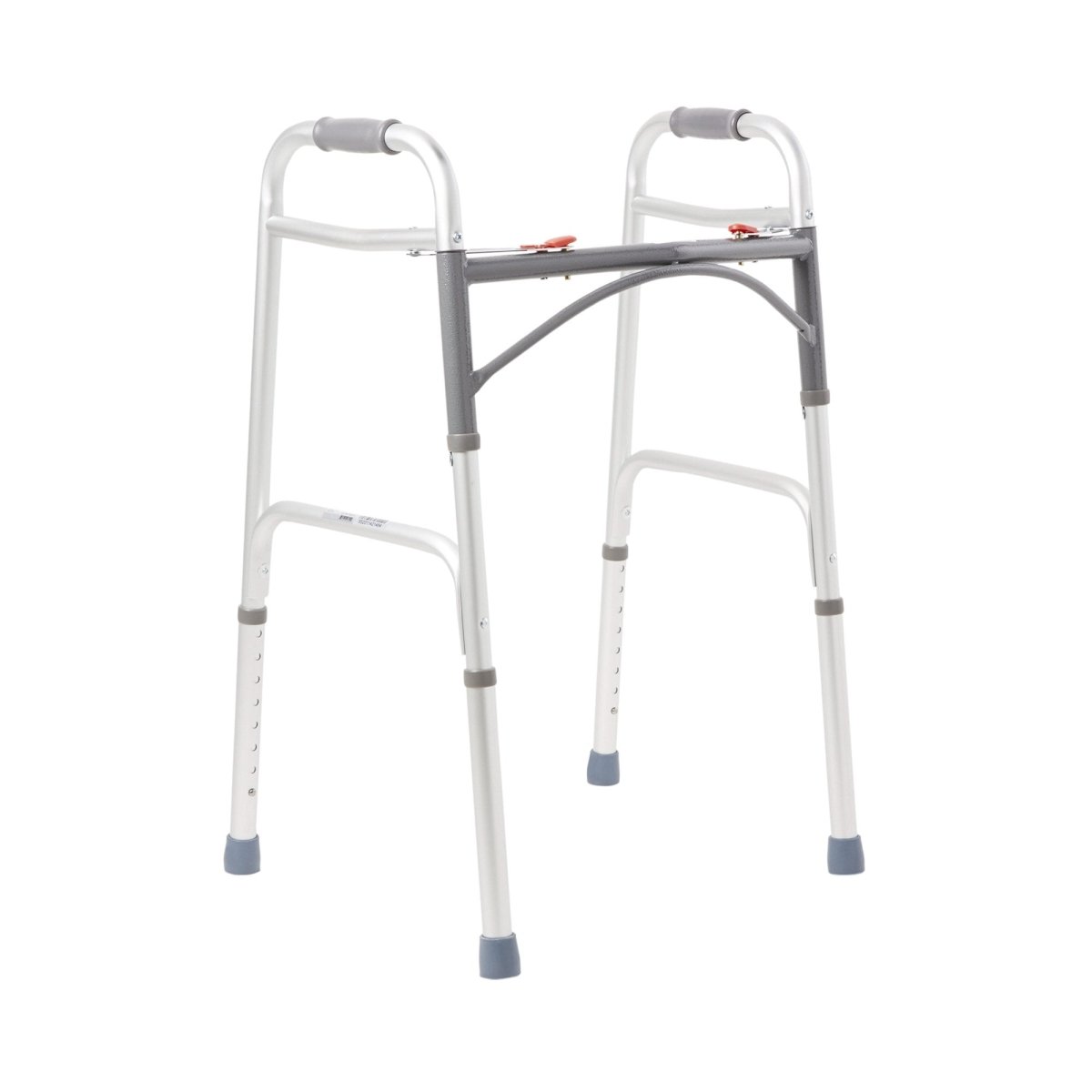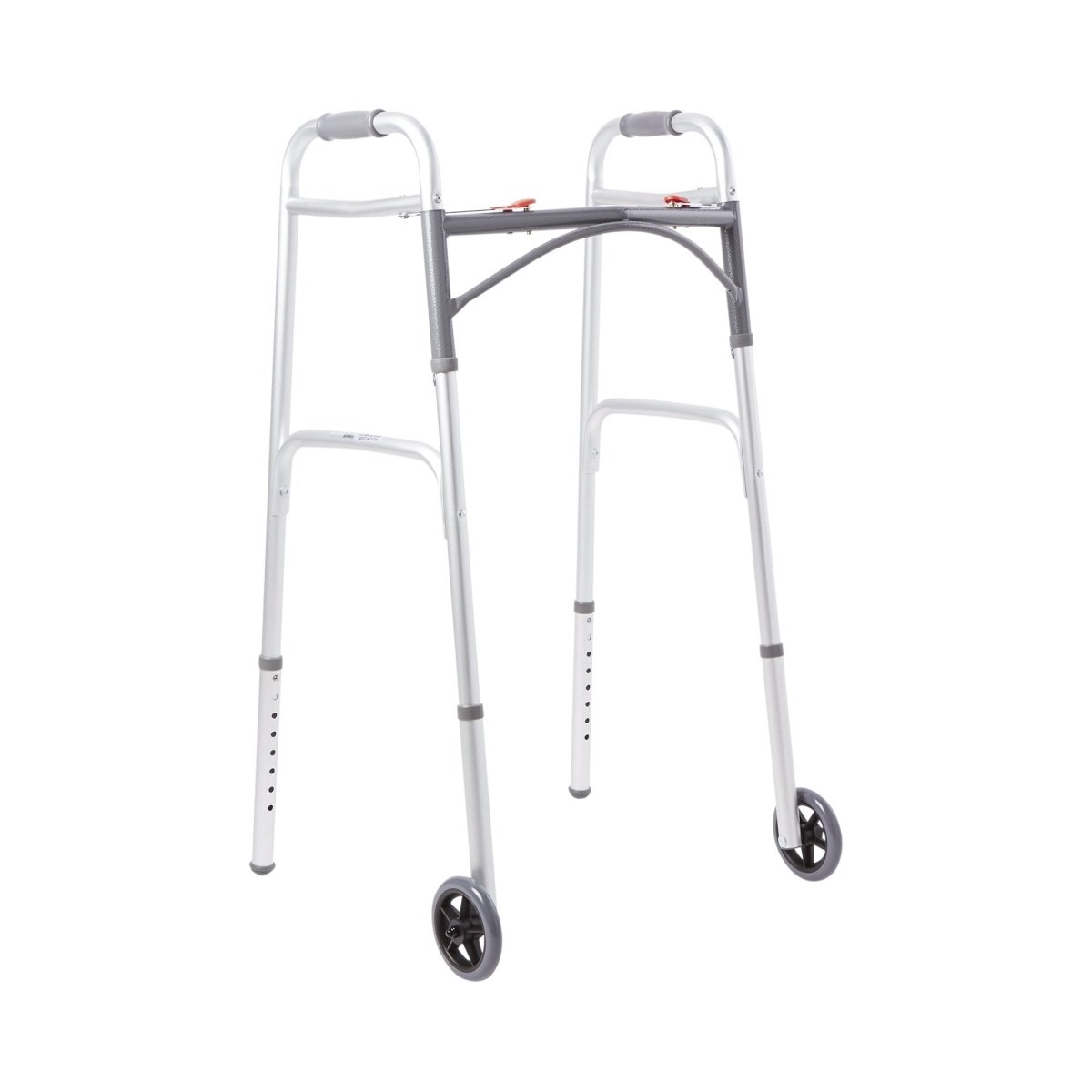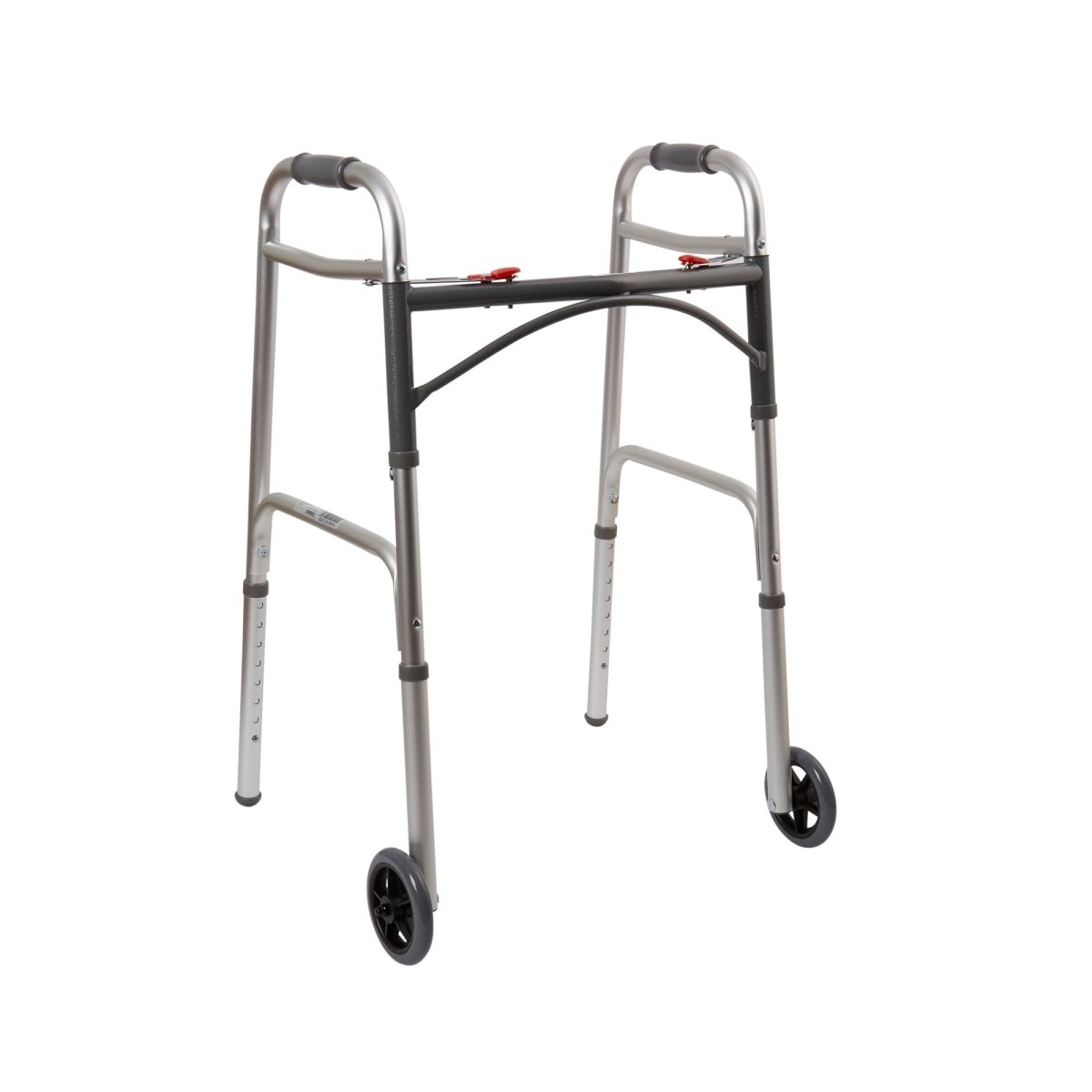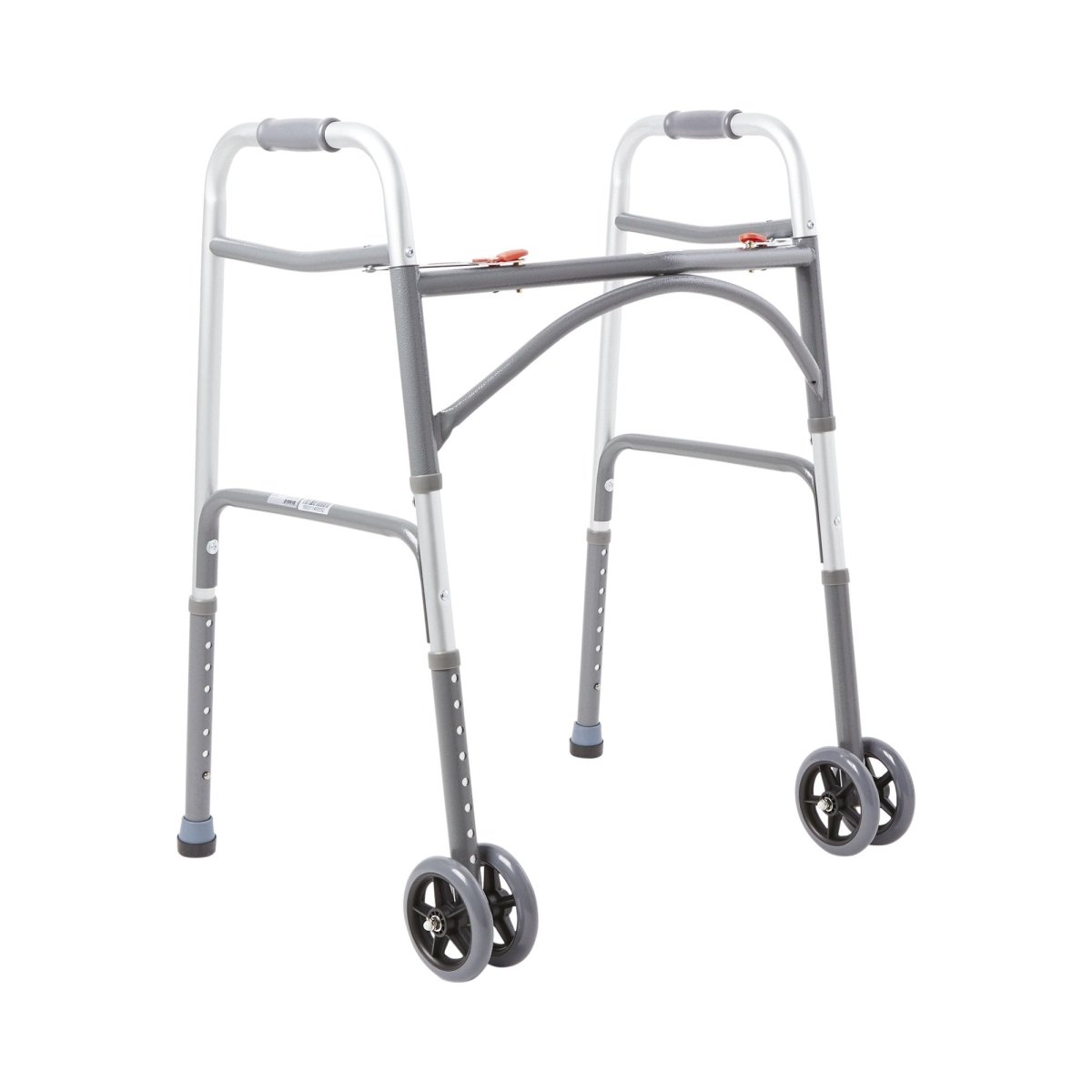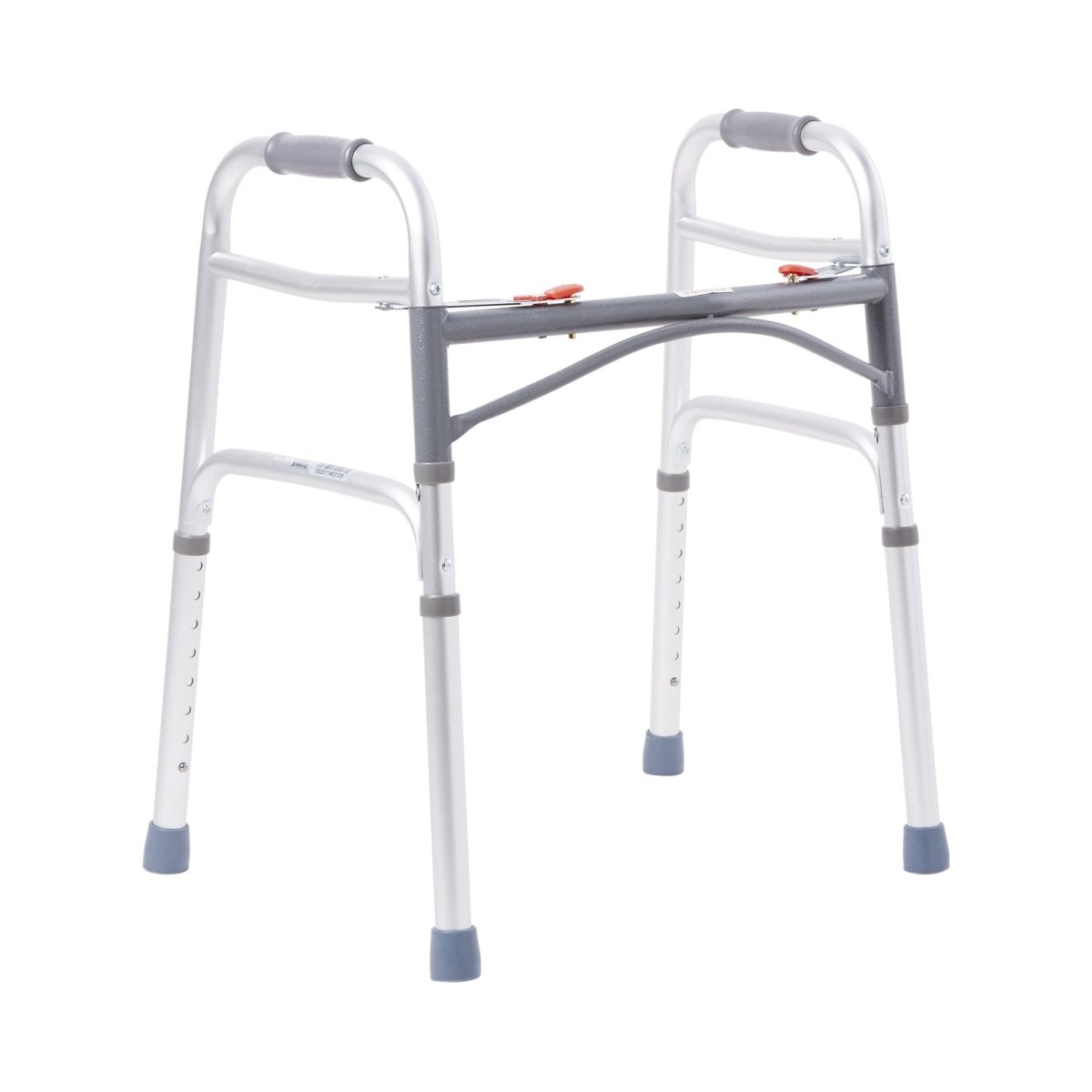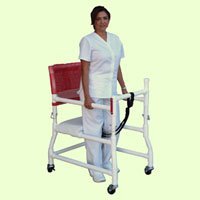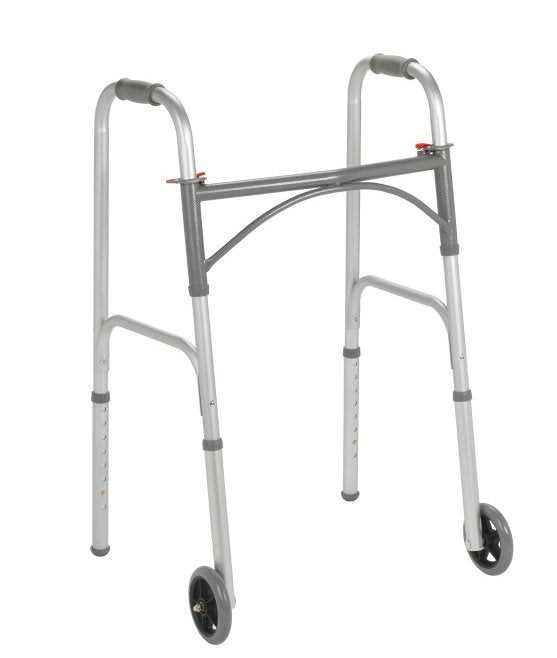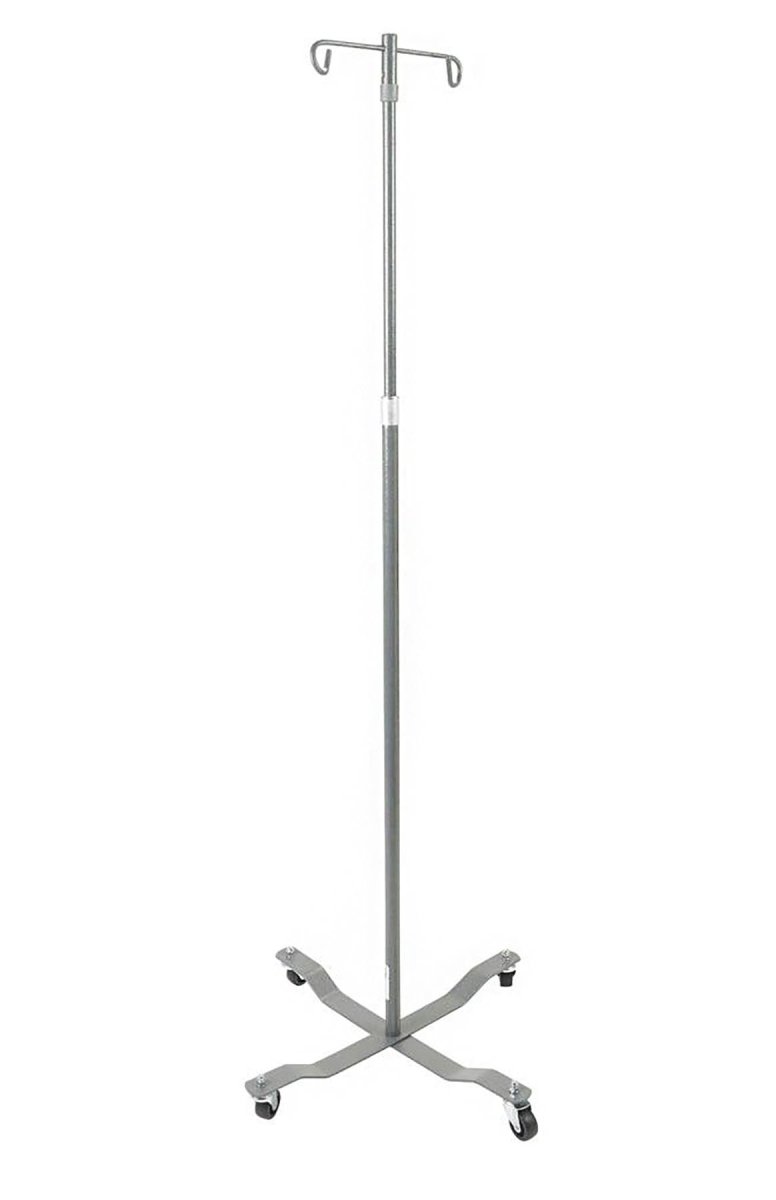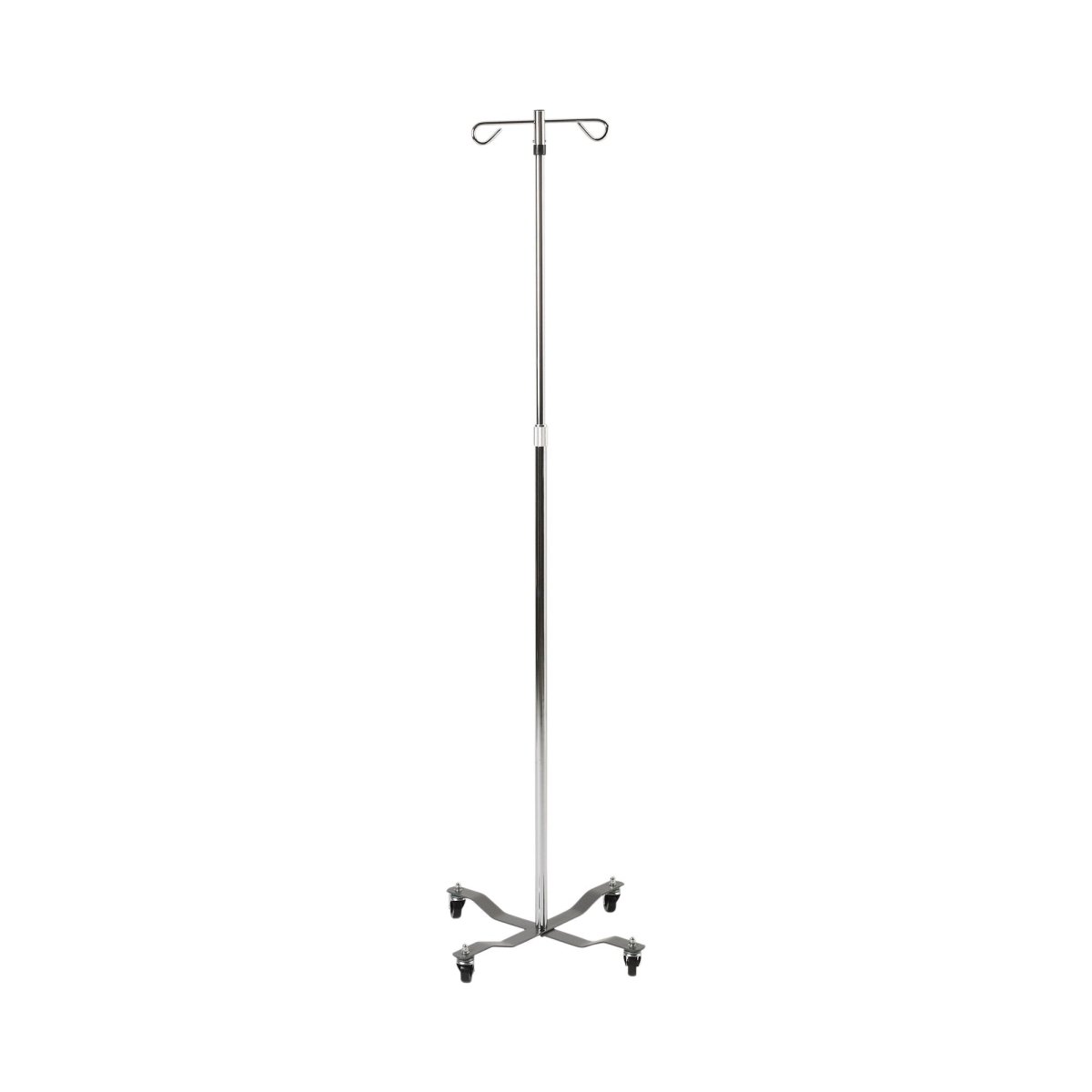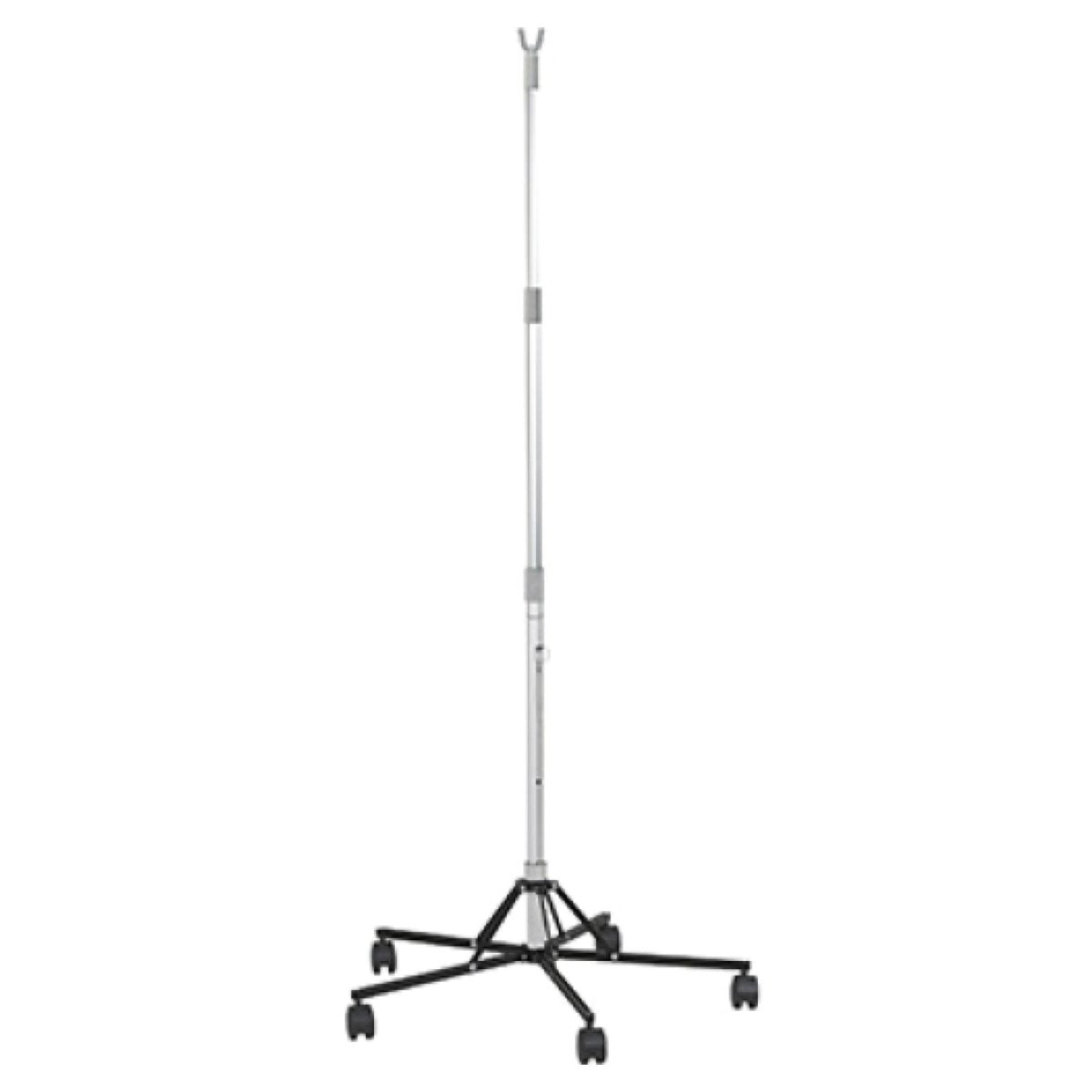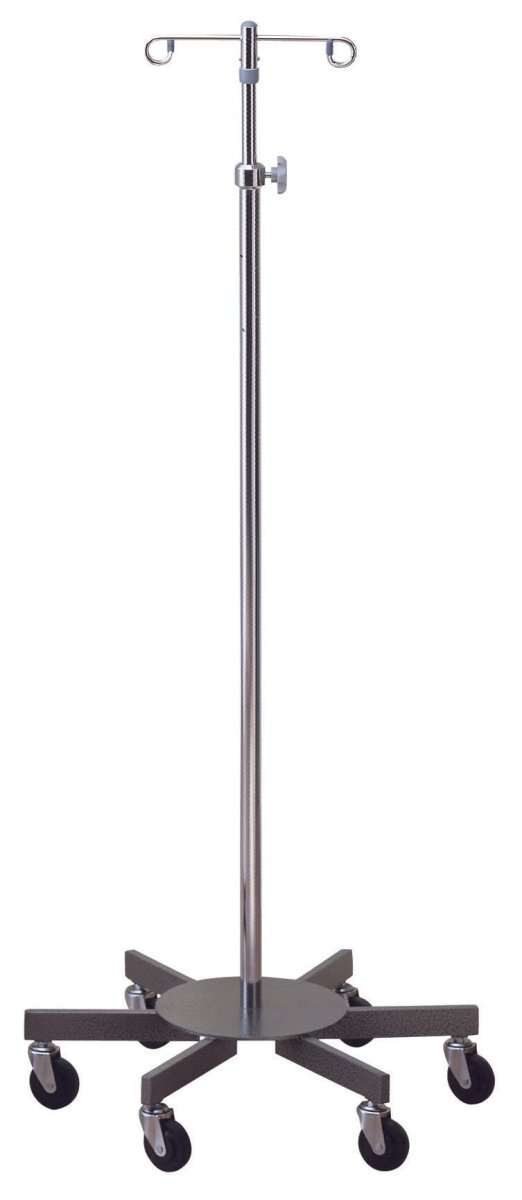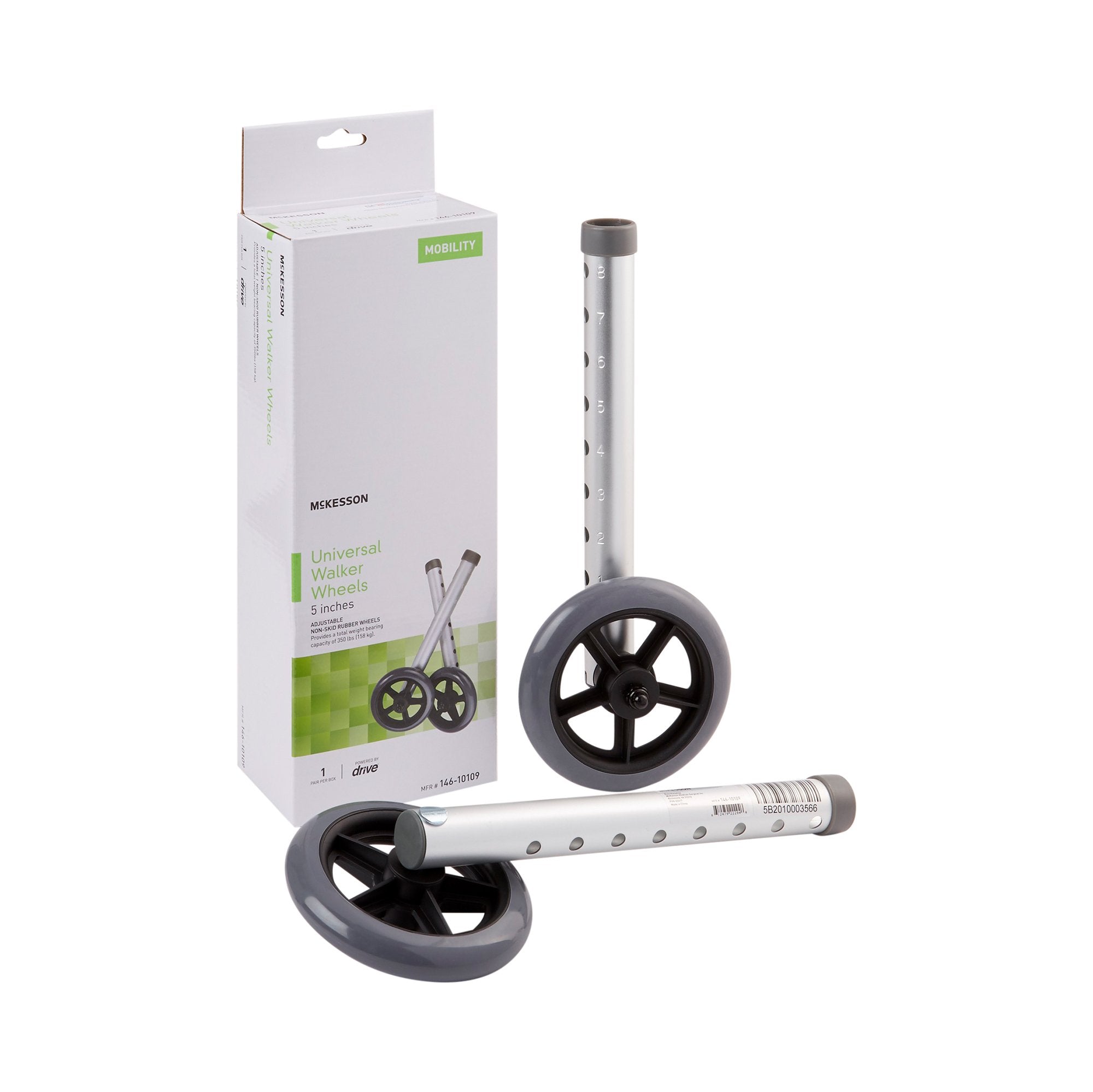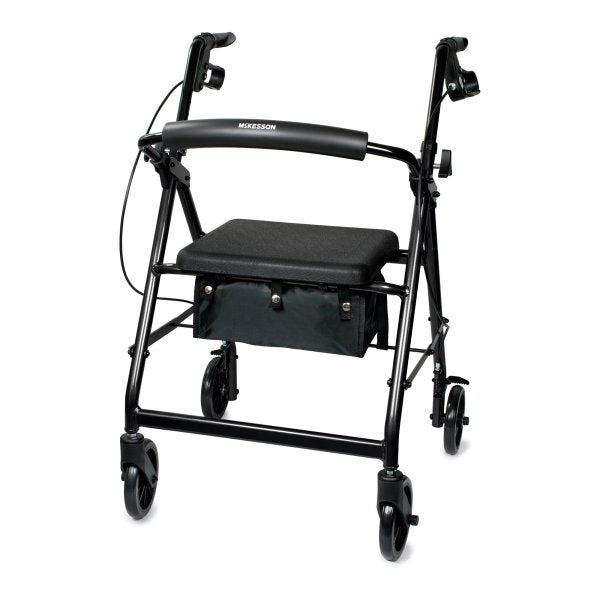Shop our Selection of Walkers.
We offer a variety of walkers to fit your needs, from lightweight folding walkers to bariatric walkers with extra storage, brakes and large wheels. Get your independence back and stay on the move.
Types of Walkers
- Folding Walkers
- Bariatric Walkers
- Youth Walkers
- Steel Walkers
- Aluminum Walkers
- Walkers with Wheels
- Walkers without Wheels
How to choose a walker that is right for you.
When choosing a walker that fits your needs, you should consider the height of the walker, the material the walker is made out of, the features of the walker, and how you plan on using the walker. First is the height. If you're taller than you need to ensure the walker adjustable height range will accommodate your needs. Once you've decided on the correct height range, ask yourself if the weight of the walker matters to you or do you need more stability. These decisions will help you make the right choice between aluminum or steel and folding or non-folding walkers.

Steel or Aluminum Walker, which material is best for me?
Walkers normally come in either steel or aluminum. When choosing a walker based on the type of materials that they are made out of, there are a few things to consider. If you will be using it on the go then an aluminum walker is best because it's lightweight and easier to move around. If you need a Bariatric Walker for example, then steel is your best bet because it has a higher weight capacity to accommodate the user.
Have more questions? View Mobility FAQ here.
Frequently Asked Questions about Mobility Walkers
Do you still have questions about Mobility Walkers?
If we still haven't answered your question, you can contact us by phone or email and we will get back to you as soon as possible.

